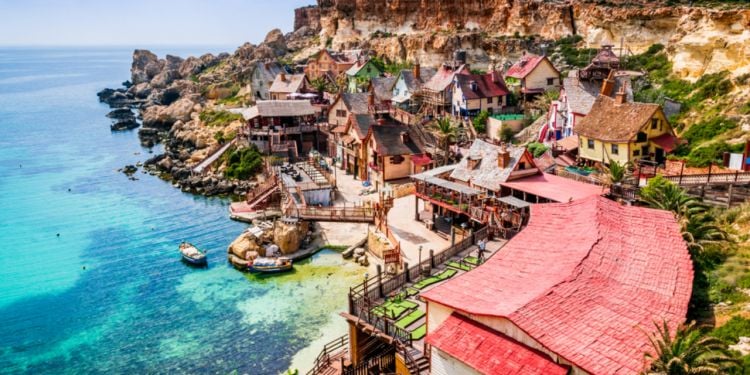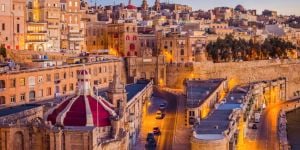
Malta obtained independence from the UK in 1964 and became an independent republic in 1974. Thirty years later, in 2004, Malta officially joined the European Union. Malta is considered to be a Dеmосrаtіс Rерublіс, with both a Prеѕіdеnt and a Prіmе Minister. Thе President іѕ the сhіеf оf state and the Prime Mіnіѕtеr іѕ thе head of government who hоldѕ аdmіnіѕtrаtіvе роwеrѕ.
The House of Representatives, the legislative body, is composed of 65 members who are elected every five years by citizens of Malta. When a party wins an absolute majority of votes but doesn't have a majority of seats, additional seats are added to ensure a parliamentary majority. The President is appointed for five years by a simple majority vote in the House of Representatives. The Judiciary has full independence, which is consistent with Malta's system of separation of powers.
Political parties in Malta
There are two major political movements in Malta: the Nationalist Party and the Labour Party. The Nationalist Party is a conservative Christian democratic party. The Labour Party is a social-democratic party and has been in power since 2013.
The Democratic Party is a third party holding a few seats in Parliament. Other political parties exist but have no representation.
Malta enjoys political stability and it is only on very rare occasions that a government has not run its full course.
Malta is not aligned to any of the major powers and enjoys excellent relations with most countries.
History of politics in Malta
Malta became a parliamentary democracy within the Commonwealth under its 1964 constitution, known then as the State of Malta. For ten years, Queen Elizabeth II of the United Kingdom was sovereign of Malta, while a Governor-General exercised executive power on her behalf.
Throughout that period, the government's actual direction and the country's affairs were in the cabinet's hands under a Maltese Prime Minister's leadership.
The constitution was amended on 13 December 1974 when Malta became a republic within the Commonwealth. Executive power was then vested in the President of Malta.
Politcal processes
The President nominates a Prime Minister from the party with a majority of seats in the unicameral House of Representatives. The President also nominates, upon the Prime Minister's suggestion, the individual ministers who are chosen from among the members of the House of Representatives.
Elections to the House of Representatives are modelled on the single transferable vote structure, which is a modification of the proportional representation electoral structure.
Vacancies are filled by process of casual election and any interim vacancies by process of co-option; this means that no by-elections occur between one general election and the other.
The Parliamentary term may not surpass five years. Normally, 65 members are elected to the House from 13 multi-seat constituencies, each returning 5 Members of Parliament (MPs).
Additional MPs are elected in cases of disproportionality, meaning when a party with an absolute majority of votes fails to win an absolute majority of seats and where only two parties' candidates are elected.
When in an election contested by more than two parties only two of that parties make it to Parliament and the relative Parliamentary power is not in proportion to the first preference votes acquired, extra seats are assigned to establish proportionality.
A third electoral amendment has been passed; it assures strict-proportionality as regards votes and seats to parliamentary political groups.
Useful links:
We do our best to provide accurate and up to date information. However, if you have noticed any inaccuracies in this article, please let us know in the comments section below.






